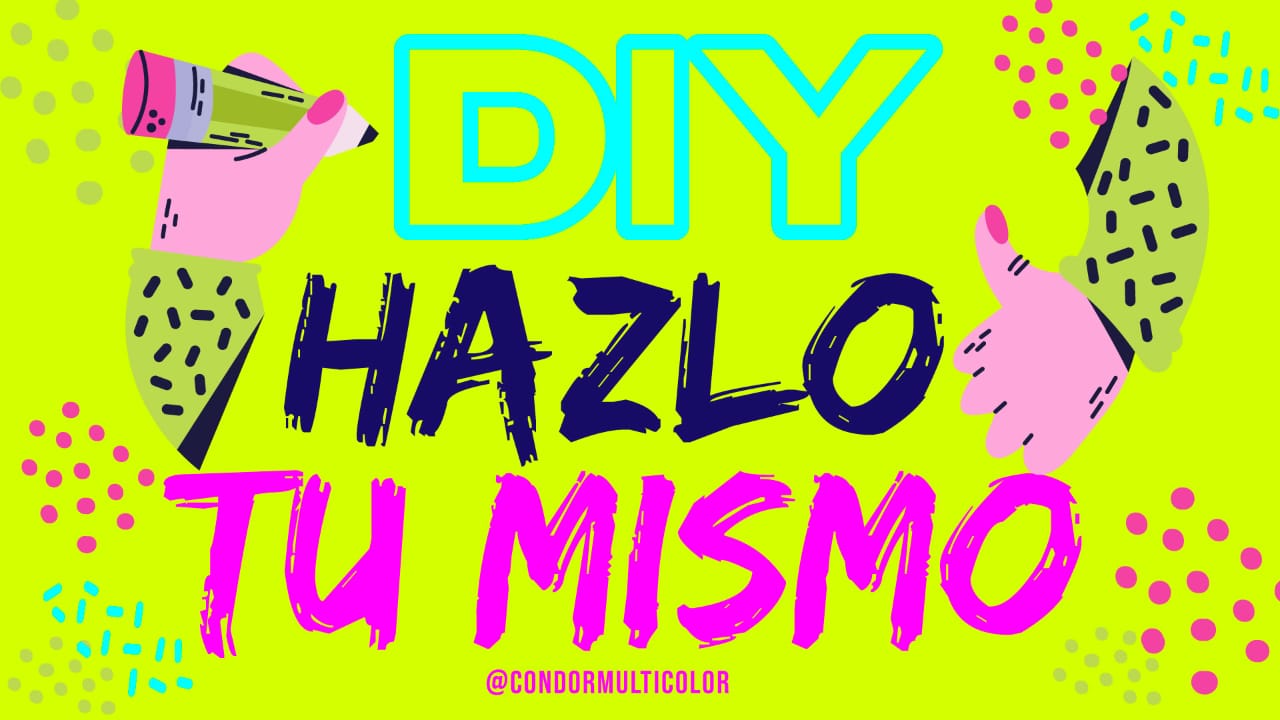(Una incoherencia como la del libro Parar en seco de William Ospina. Del que no sabemos con qué pulpa fue hecho el libro y en que habla y habla de ecologismo y cuidar el planeta sin apostar unas sola solución. Bueno, seamos justos: invita a leer Laudato si. Que tampoco sirve para nada). Escribo esto mientras se raciona el agua en Bogotá, Colombia y se publica una colección lateral a La vorágine de José Eustasio Rivera sobre los vejámenes humanos y el daño ambiental del monocultivo del caucho.
Por Juan Pablo Plata
Si bien la Feria Internacional del Libro de Bogotá (FILBO) se presenta como un espacio para la cultura y la conexión con la naturaleza bajo el lema "Leelanaturaleza", no puedo evitar sentir una profunda incoherencia entre este mensaje y lo que sucede dentro del recinto ferial de Corferias.
Me considero un lector ávido, y en mi biblioteca digital, gracias a plataformas como Everand y Scribd, ya poseo la mayoría de los títulos que encuentro en la feria. Esto me lleva a cuestionar el verdadero valor de la FILBO como un espacio para descubrir nuevas obras literarias.
Más allá de la oferta bibliográfica, me preocupa el impacto ambiental que genera la feria. La procedencia del papel utilizado en los libros, las condiciones laborales de quienes los producen y la generación de residuos a partir del merchandising y la misma feria son aspectos que no se compadecen con el eslogan "Leelanaturaleza".
La industria editorial y la FILBO tienen el potencial de convertirse en referentes de la sostenibilidad ambiental. Imaginemos una feria con libros elaborados con papel reciclado, producidos bajo prácticas laborales justas y éticas, y merchandising biodegradable. Pensemos en el uso de energía renovable en el recinto y en la implementación de estrategias para reducir la generación de residuos o tender a reciclar estos. La cantidad de residuos es tanta como los asistentes.
A pesar de mis críticas, reconozco la importancia de la FILBO como un espacio de encuentro para la comunidad lectora. Continuaré asistiendo a la feria, pero con la esperanza de que en un futuro próximo se alinee su discurso con acciones concretas hacia la sostenibilidad ambiental. Es hora de que la industria del libro y la FILBO asuman un rol proactivo en la construcción de un futuro más verde y coherente. La cultura y la naturaleza no deben estar reñidas, sino que pueden converger en un espacio que promueva el conocimiento, la reflexión y la acción responsable.
No puedo ser complaciente. Debemos exigir una FILBO que no solo predique la conexión con la naturaleza, sino que la haga realidad.
FILBO: Inconsistency between the slogan and reality? We do not read nature.
By Juan Plata (Juan Pablo Plata)
(An inconsistency like that of the book Parar en seco by William Ospina. Of which we do not know with what type of paper it was made and in which he talks and talks about environmentalism and taking care of the planet without betting on a single solution. Well, let's be fair: he invites to read Laudato si. I write this while water is rationed in Bogotá, Colombia and a side collection to José Eustasio Rivera's La vorágine is published about the human indignities and environmental damage of rubber monoculture.
By Juan Pablo Plata
Although the Bogotá International Book Fair (FILBO) is presented as a space for culture and connection with nature under the motto "Leelanaturaleza", I cannot help but feel a deep incoherence between this message and what happens inside the venue-Corferias fair.
I consider myself an avid reader, and in my digital library, thanks to platforms like Everand and Scribd, I already have most of the titles I find at the fair. This leads me to question the true value of FILBO as a space to discover new literary works.
Beyond the bibliographic offer, I am concerned about the environmental impact generated by the fair. The origin of the paper used in the books, the working conditions of those who produce them and the generation of waste from merchandising and the fair itself are aspects that are not compatible with the slogan "Leelanaturaleza".
The publishing industry and FILBO have the potential to become leaders in environmental sustainability. Let's imagine a fair with books made from recycled paper, produced under fair and ethical labor practices, and biodegradable merchandising. Let's think about the use of renewable energy on the premises and the implementation of strategies to reduce the generation of waste or tend to recycle it. The amount of waste is as much as the attendees.
Despite my criticisms, I recognize the importance of FILBO as a meeting space for the reading community. I will continue to attend the fair, but with the hope that in the near future its slogans and ads will be aligned with concrete actions towards environmental sustainability. It is time for the book industry and FILBO to take a proactive role in building a greener and more coherent future. Culture and nature should not be at odds, but can converge in a space that promotes knowledge, reflection and responsible action.
I can't be complacent. We must demand a FILBO that not only preaches connection with nature, but makes it a reality. https://revistalcolina.blogspot.com/.../la-filbo... www.colinarevista.com
We do not read nature.
















0 Comments
Publicar un comentario